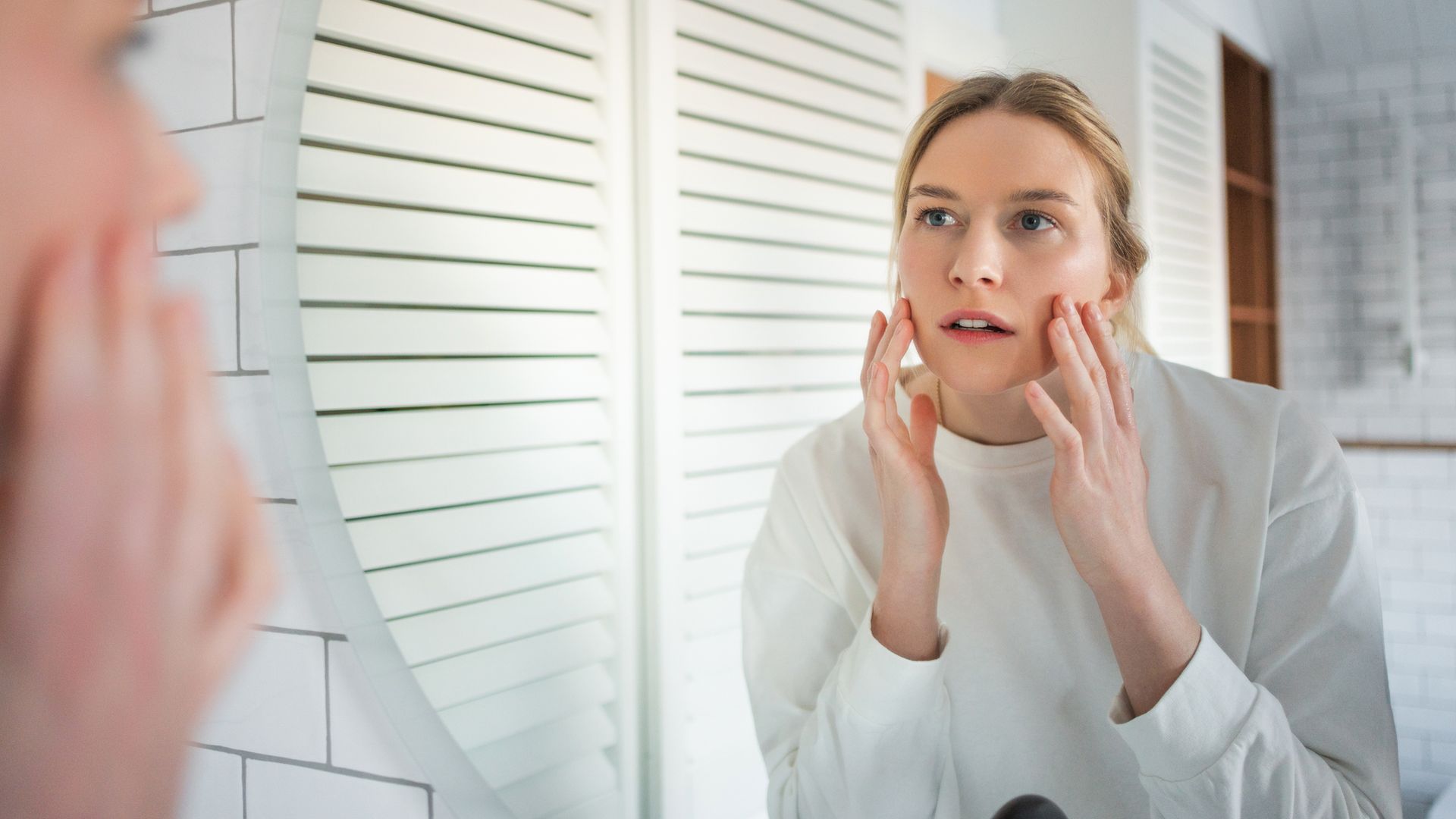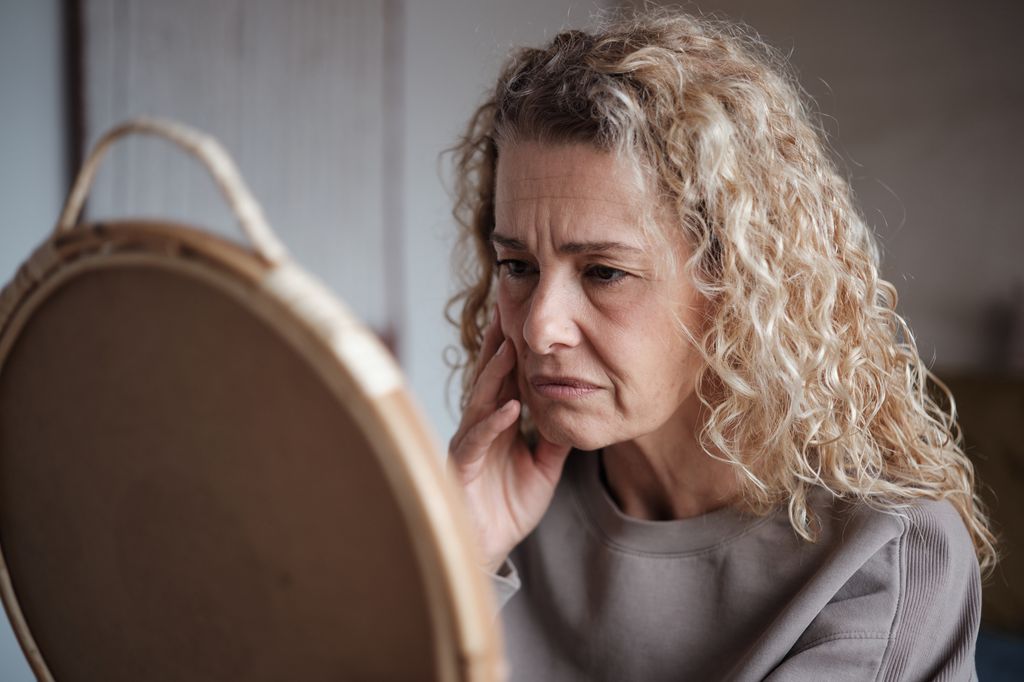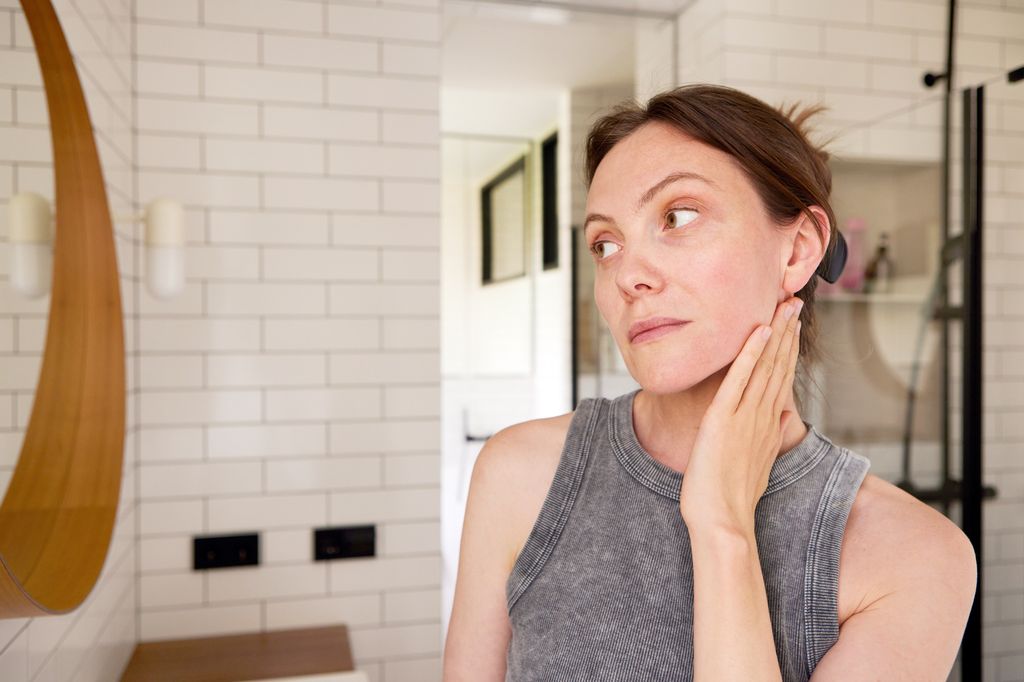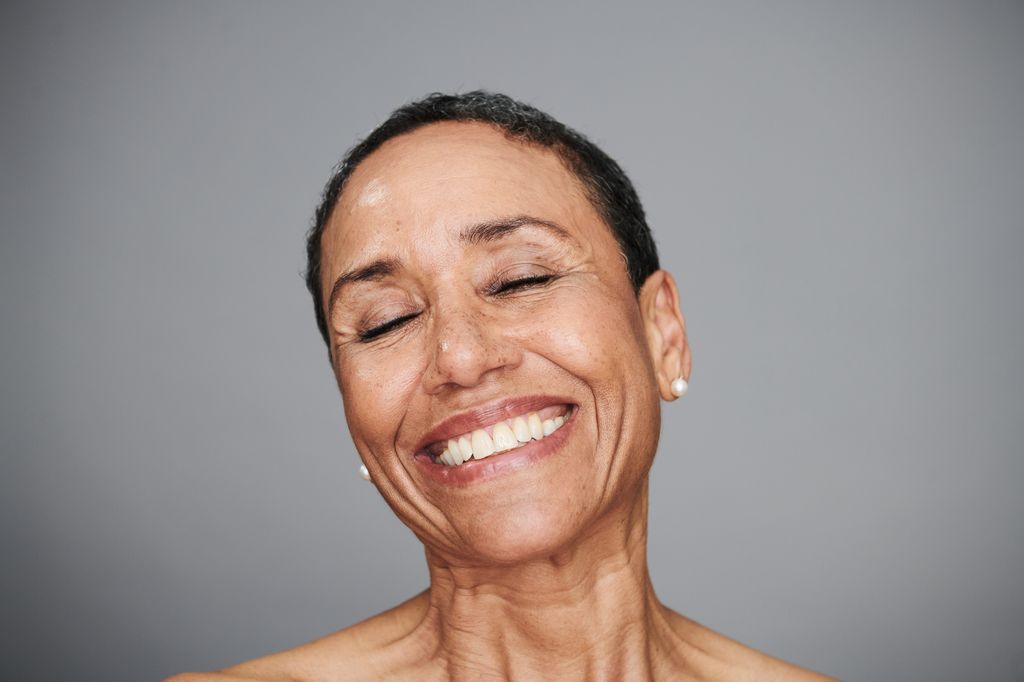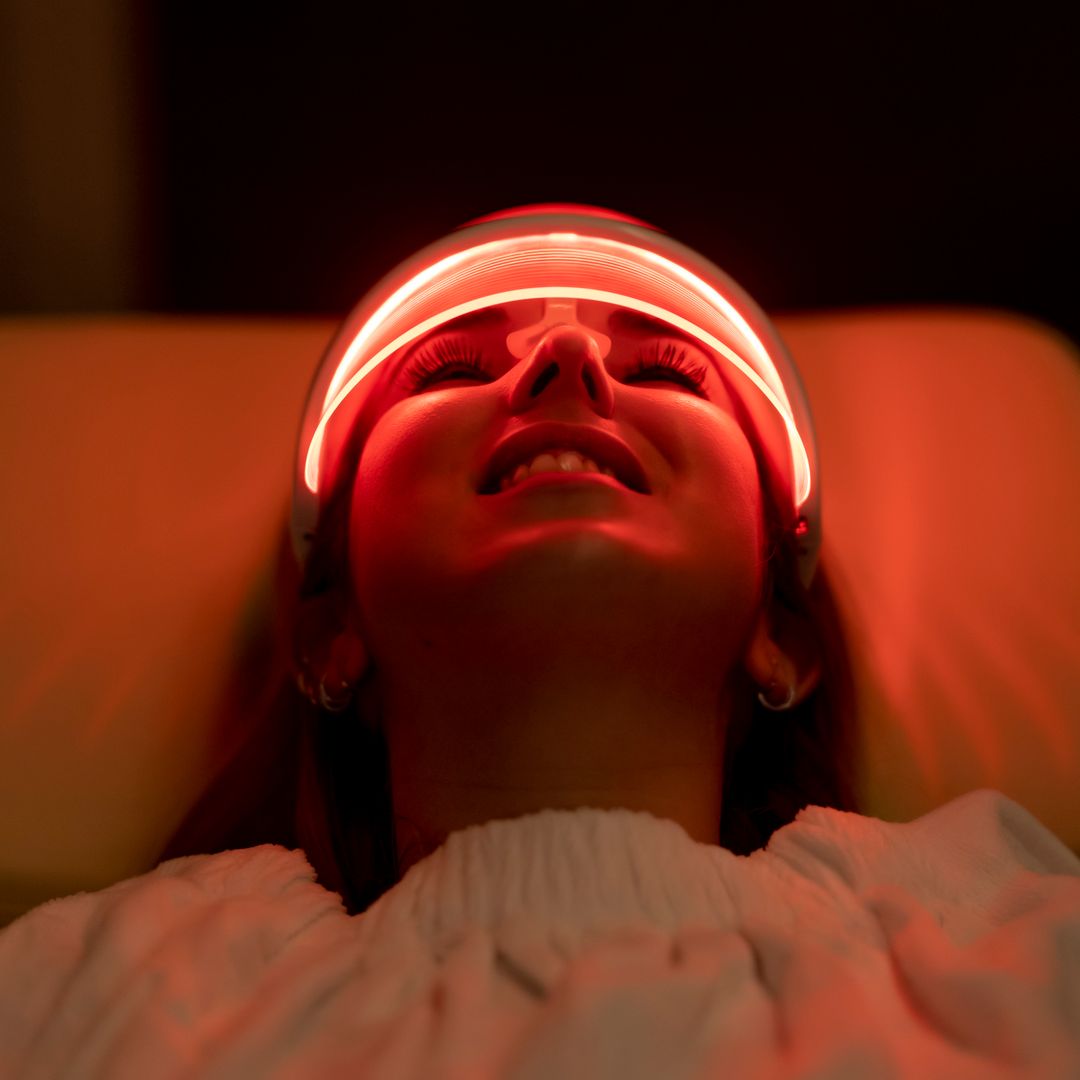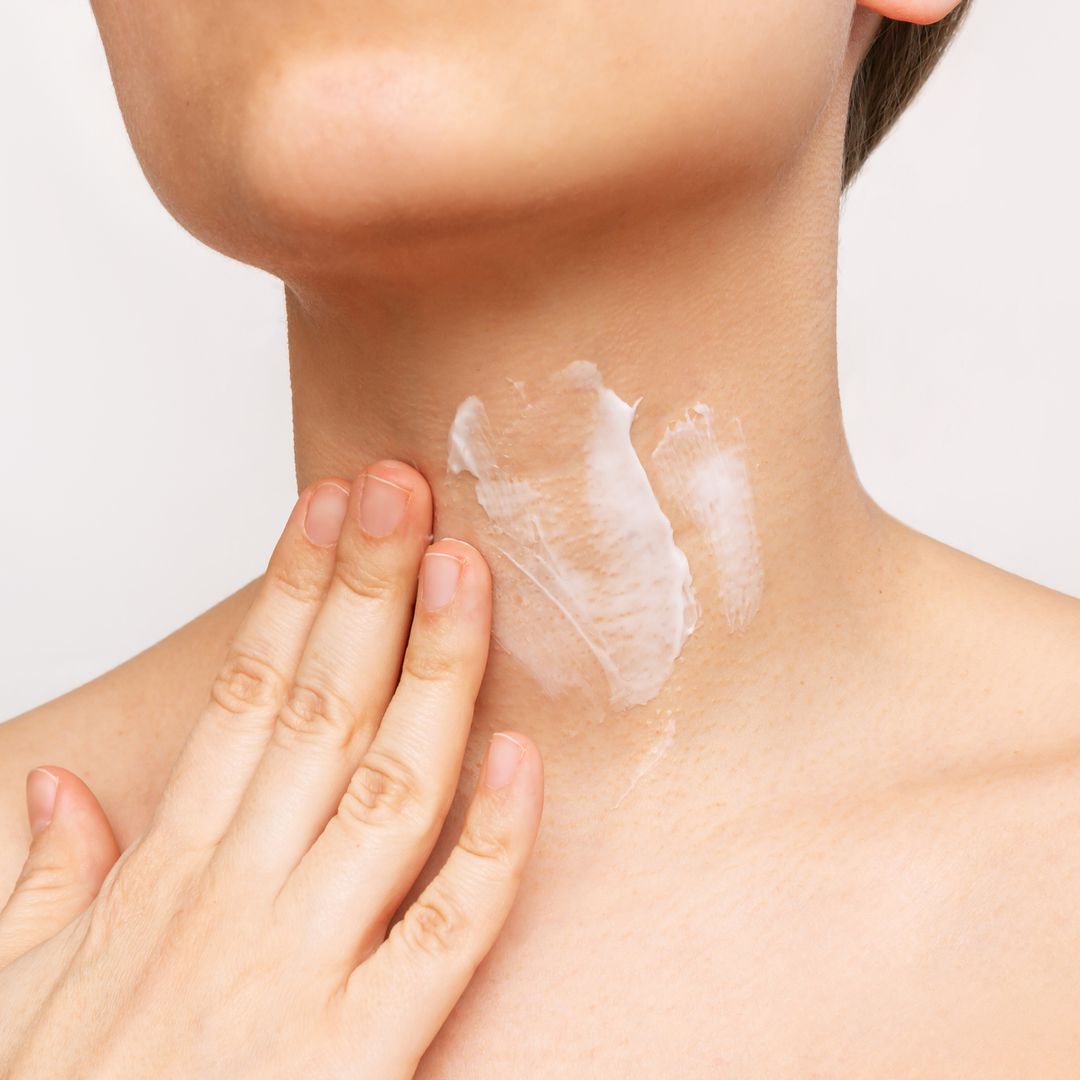Life can be stressful. From a relentless work schedule to raising a family to moving house, suffering a bereavement or caring for someone close to you, life's pressures can mount up – and sooner or later it will show in your skin. Though the troubles you are balancing may rank higher up your list of priorities than the condition of your skin, acne flare-ups, or a dull appearance can easily get you down.
Feeling stressed can also impact your lifestyle. You might not have time to make nutritionally balanced meals, you may have picked up smoking, or you might be drinking alcohol more regularly than usual. All of these factors can also play into skin breaking out. So what can we do to remedy this? HELLO! spoke to skincare experts Juan Lopez and Dr Sandrine Rey-Salco to get a full lowdown on what happens to your skin when you're stressed – and how you can fix it.
What happens to your skin when you are stressed?
Juan Lopez, a medical aesthetic nurse, highlights that it is not unusual for your mental load to show up in your skin. "Think of the bride who suddenly breaks out with spots a week before her wedding, or the patient I saw recently who had just relocated to London. Within three weeks of the move, the pressure, the change of routine, and the sleepless nights, her skin had become congested, dull, and reactive. These aren't coincidences; they're the result of very real biological changes happening under the surface," he says.
In medical terms, he explains that when the body is under pressure, it releases stress hormones such as cortisol and adrenaline. "These chemicals affect the sebaceous glands, changing the way the skin produces oil. Some people notice their skin becoming oily and prone to breakouts, while others feel dry, tight, and sensitive," he says.
"Stress also weakens the skin's protective barrier, leaving it less able to defend against irritants or recover quickly from damage. That's why blemishes can linger longer, redness flares up more easily, and the skin simply looks 'off'. Over time, chronic stress even accelerates the ageing process by breaking down collagen and increasing free radical damage."
What does stressed skin look like?
It often appears congested with blemishes clustered around the chin and jawline, Juan reveals. "It may flush more easily, especially in those who already suffer from rosacea. Many people describe their complexion as looking tired, flat, or grey, like the skin has lost its usual vitality. Dry patches and rough texture are also common, and fine lines can appear more noticeable when the skin is dehydrated and inflamed."
Expert tips and advice to help clear your skin
Fret not! The good news is that stressed skin can recover. With the right care, it’s possible to restore balance and radiance. As far as at-home remedies, Juan recommends a mild cleanser, a hydrating moisturiser, and daily sunscreen are the essentials. "Sun protection is particularly important because when your skin is already inflamed by stress, ultraviolet light adds an extra layer of damage," he adds. "Good sleep, regular hydration, and antioxidant-rich foods are equally vital; they work from the inside out to calm both stress and skin."
If you are looking to pursue the professional treatment route, Juan has some tips. "Treatments like hydrodermabrasion can make a visible difference after just one session," he tells us. "By deeply cleansing and rehydrating, it clears away the dull surface layer and helps restore a healthy glow. More importantly, the best results come with consistency.
"Gentle skin peels are another excellent option for smoothing texture and evening out tone, while LED light therapy calms inflammation and supports healing."
Lifestyle changes that help skin and stress
Dr Sandrine Rey-Scalco sees plenty of patients with stress-related breakouts, and she says making appropriate changes to your lifestyle also plays a huge part in reviving your skin. "My advice before starting with multiple skin care products would be to address the stress. In a day and age where we want a serum or an injection to work instantly, this is sometimes advice people don’t want to hear, but if your skin is showing signs of stress, ask yourself why you are stressed," she says.
"Go to psychotherapy if needed. Limit your habits such as drinking alcohol and smoking cigarettes, as both worsen the signs of ageing and cause other unwanted effects on the skin. Look at your diet, this can help you see a quick turnaround as drinking water, eating high fibre, a good source of protein, and collagen-rich foods are also helpful. Think sustainably farmed salmon, which will get you protein, omega-3, a multitude of vitamins and minerals, and bonus points if you eat the skin, as you’re getting an excellent source of collagen.
She adds that increasing exercise will help with other hormones that help to improve inflammation and metabolism. It will also help your sleep, which helps your skin repair.
